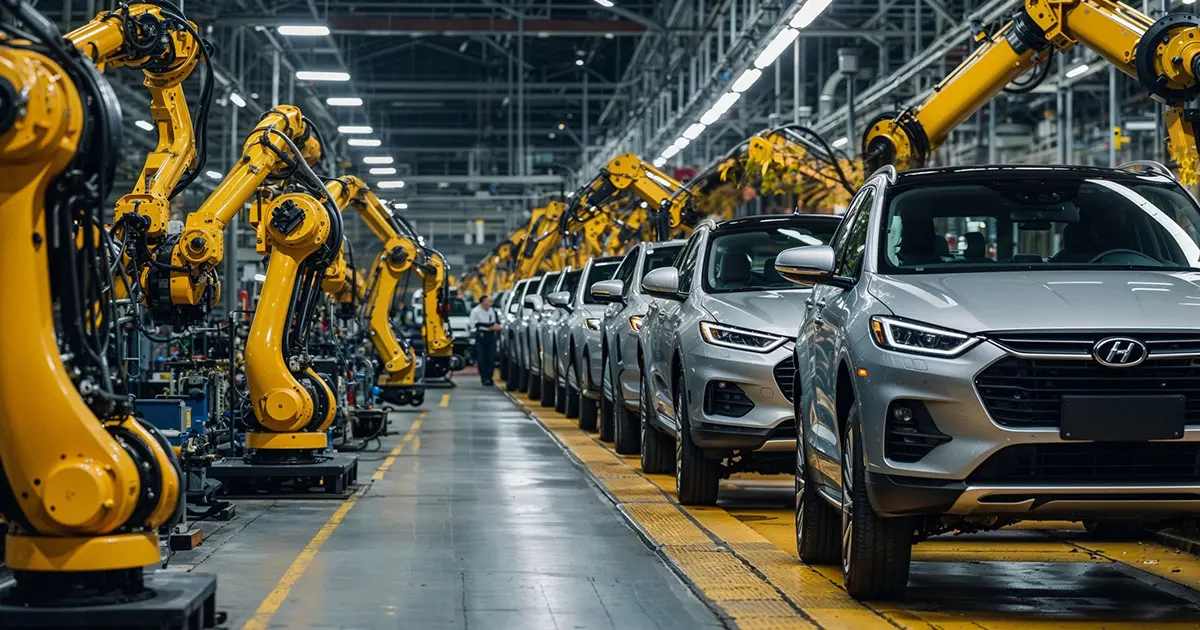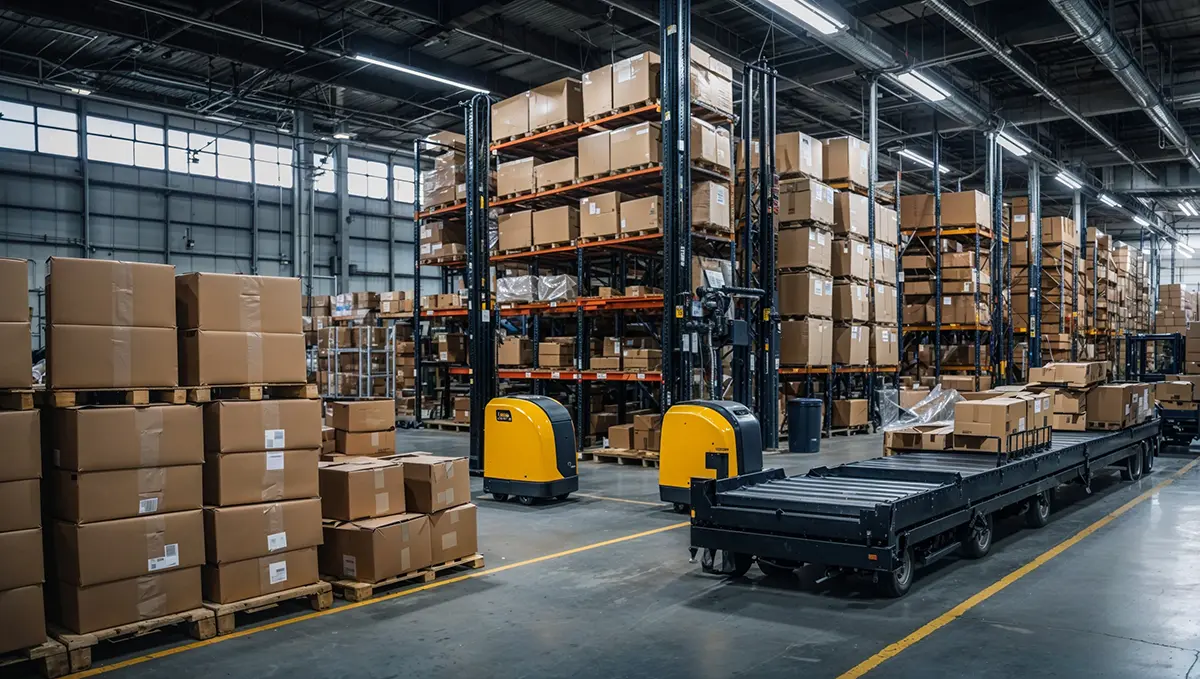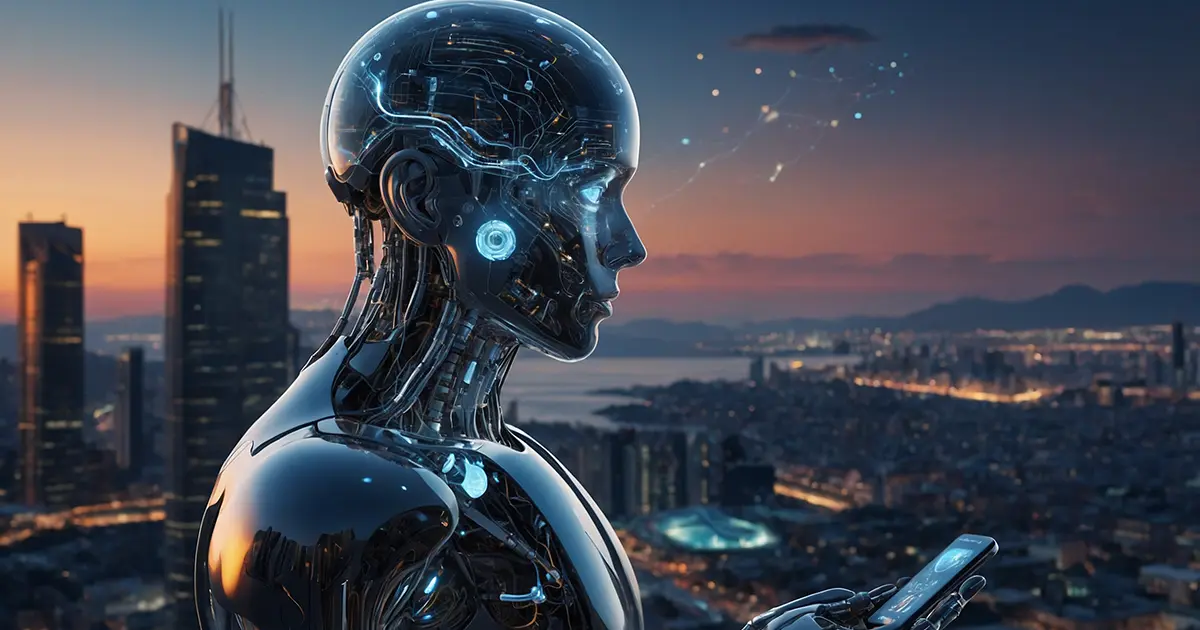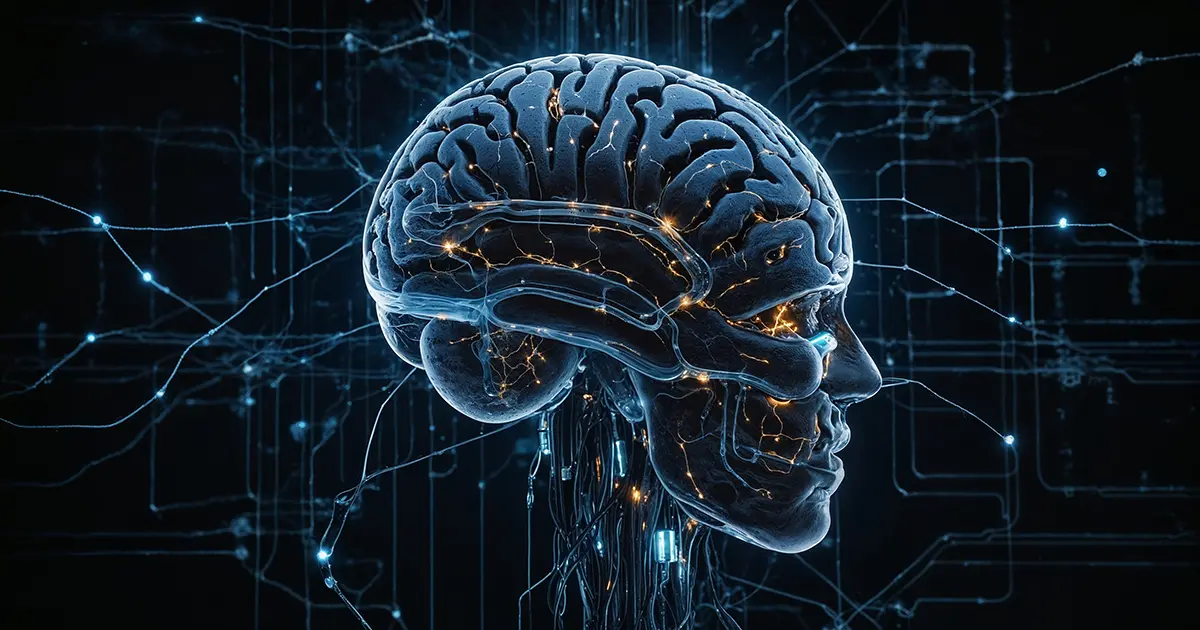The Impact of AI on Jobs: Which Jobs Will Disappear?
Artificial intelligence is reshaping the job market. While some jobs are disappearing, others are emerging that require creativity, emotional intelligence, and technical skills. Discover how AI is changing the workforce and what steps you can take to stay relevant in an evolving job market.
AI and the job market: A New Era
Throughout history, technological advances have dramatically changed the landscape of work. Entire sectors of the workforce have disappeared due to innovations that made manual processes more efficient. Think about it: plowing fields by hand became obsolete with the advent of tractors, laundresses were replaced by washing machines, and horse-drawn carriages disappeared when automobiles took over. Similarly, the integration of artificial intelligence into our daily lives will make certain types of work obsolete. But this is not a cause for fear – it is a call for adaptation. As we’ve seen throughout history, technological advances may eliminate certain jobs, but they also open doors to new opportunities. Instead of spending time on repetitive, boring tasks, people can now engage in creative, meaningful work that brings fulfillment. With the right skills and an open mind, anyone can take advantage of the new opportunities that AI brings.
Jobs that will disappear and rise in demand
As AI becomes more advanced, many jobs that involve repetitive and predictable tasks are likely to be automated. Data entry clerks, factory workers on production lines, and even certain administrative roles could be replaced by AI systems that can process data more quickly and accurately. These jobs typically require routine, manual input, making them ideal candidates for automation. Similarly, retail roles such as cashiers are increasingly threatened by the rise of self-checkout systems, which are already prevalent in many stores. Customers are able to scan, bag and pay for their own items with minimal human assistance, and this trend is likely to continue.
But this shift doesn’t mean fewer jobs overall – the job market is simply evolving. People who may have found themselves in routine positions now have the opportunity to move into roles that require a different set of skills, focusing on creativity, critical thinking, and adaptability. Healthcare, education, and technology are expected to see significant growth, particularly in areas where human judgment, empathy, and expertise are essential. Healthcare jobs such as mental health workers, personal care assistants, and health coaches are likely to increase as our understanding of the importance of emotional well-being grows. The tech industry will also need more human experts to develop, manage, and improve AI systems – roles such as data scientists, AI developers, and machine learning specialists are more in demand than ever. These jobs cannot be automated because they require nuanced decision-making, ethical considerations, and a human touch.

AI has also led to the creation of entirely new professions. As the technology advances, roles such as “AI ethics advisor” will become increasingly important. These professionals help ensure that AI systems are used responsibly, taking into account their impact on society and ethical implications. Similarly, “data trainers” will play a key role in training AI models by feeding them data and guiding their learning process. Another emerging role is the “human-AI interaction designer,” who focuses on designing systems that allow people to interact with AI in a comfortable and intuitive way. For example, a human-AI interaction designer could help make a virtual assistant like Siri or Alexa easier to use for people of all ages. These new careers show that the job market is not shrinking, but rather adapting to the technological landscape, providing opportunities for people to learn new skills and be part of a growing, innovative economy.
What jobs will disappear and what jobs will be needed?
AI is changing the job landscape in many ways. Here are some key jobs that could be affected:
These changes are inevitable, but they also present many opportunities for those who are willing to learn and adapt.
The rising demand for creativity and human skills
The roles that are less likely to be replaced by AI are those that require human creativity, emotional intelligence, and the ability to make complex decisions. Healthcare roles such as nurses, therapists, and counselors require compassion and nuanced judgment that AI cannot replicate. Similarly, teachers, mentors, and creative roles such as designers, writers, and musicians are jobs that require personal expression, empathy, and the kind of creativity that cannot be programmed. As AI takes over the repetitive tasks, humans can focus on jobs that involve problem solving, building relationships, and helping others – skills that are deeply rooted in human nature and difficult for machines to imitate.
Adapting to a new world of possibilities
For many people, the thought of losing their job to a machine can be frightening. But it’s important to realize that these technological advances also bring a wealth of new opportunities. People with little to no computer science experience can still find their place in this new world of work. By embracing AI and taking the time to learn the basics, anyone can begin to develop new skills that will be in demand. Online courses, community colleges, and training centers offer classes on topics like AI fundamentals, data analytics, and even machine learning-all of which are accessible to beginners. It’s all about being open to change and seeing AI not as a threat, but as a tool that can help us work better and live more fulfilling lives.
How our site can help you get started
If you’re feeling overwhelmed by the thought of learning about AI, or worried about how these changes might affect your job, you’re not alone. Our site is designed with beginners in mind. We break down complex topics into simple, easy-to-understand concepts and give you the tools you need to feel comfortable with AI. It doesn’t matter if you’re a complete novice-our goal is to make AI accessible to everyone. With our guidance, you’ll be able to explore new career opportunities, learn how AI works, and understand how it can make your work and life easier.

Never too late to learn
One of the great things about the age we live in is that learning is no longer limited to a specific time or place. No matter what your age or background, it’s never too late to learn something new. If AI sounds intimidating, remember that every expert was once a beginner. The materials we offer will take you from the basics to understanding how AI is transforming industries – including the job market. You don’t need a computer science degree to understand AI, just curiosity and a willingness to learn. With a little time and dedication, you’ll feel more confident navigating this new technological landscape.
Embrace AI and secure your future
AI is changing the job market, but it’s also creating opportunities for those willing to adapt. If you’re curious about the impact of AI on work, we have a wide range of materials on our website covering everything from the basics of AI to how it can improve everyday tasks. Don’t miss the opportunity to explore how this technology can help you take control of your future career and ensure you’re ready for the changes ahead.


















